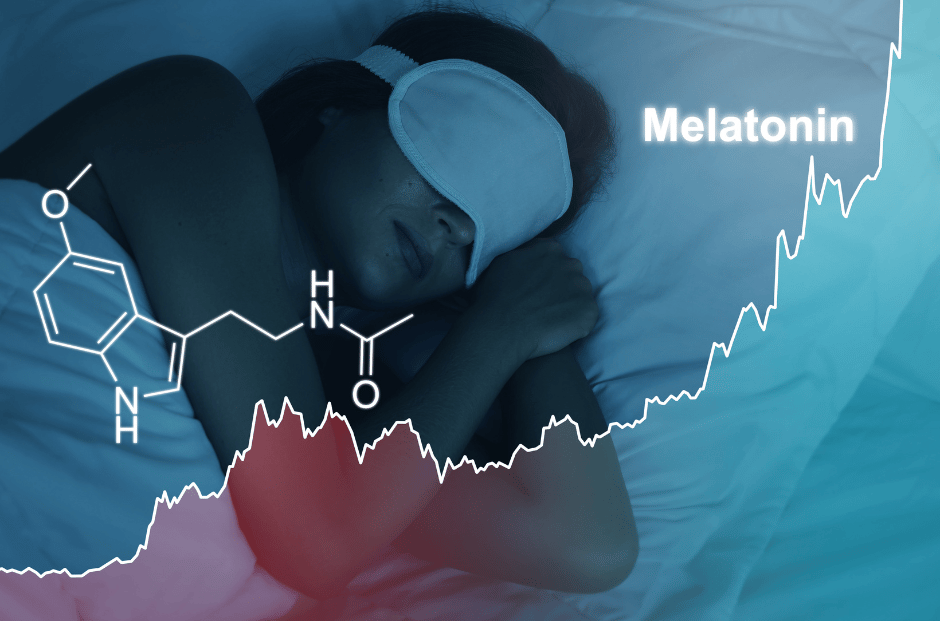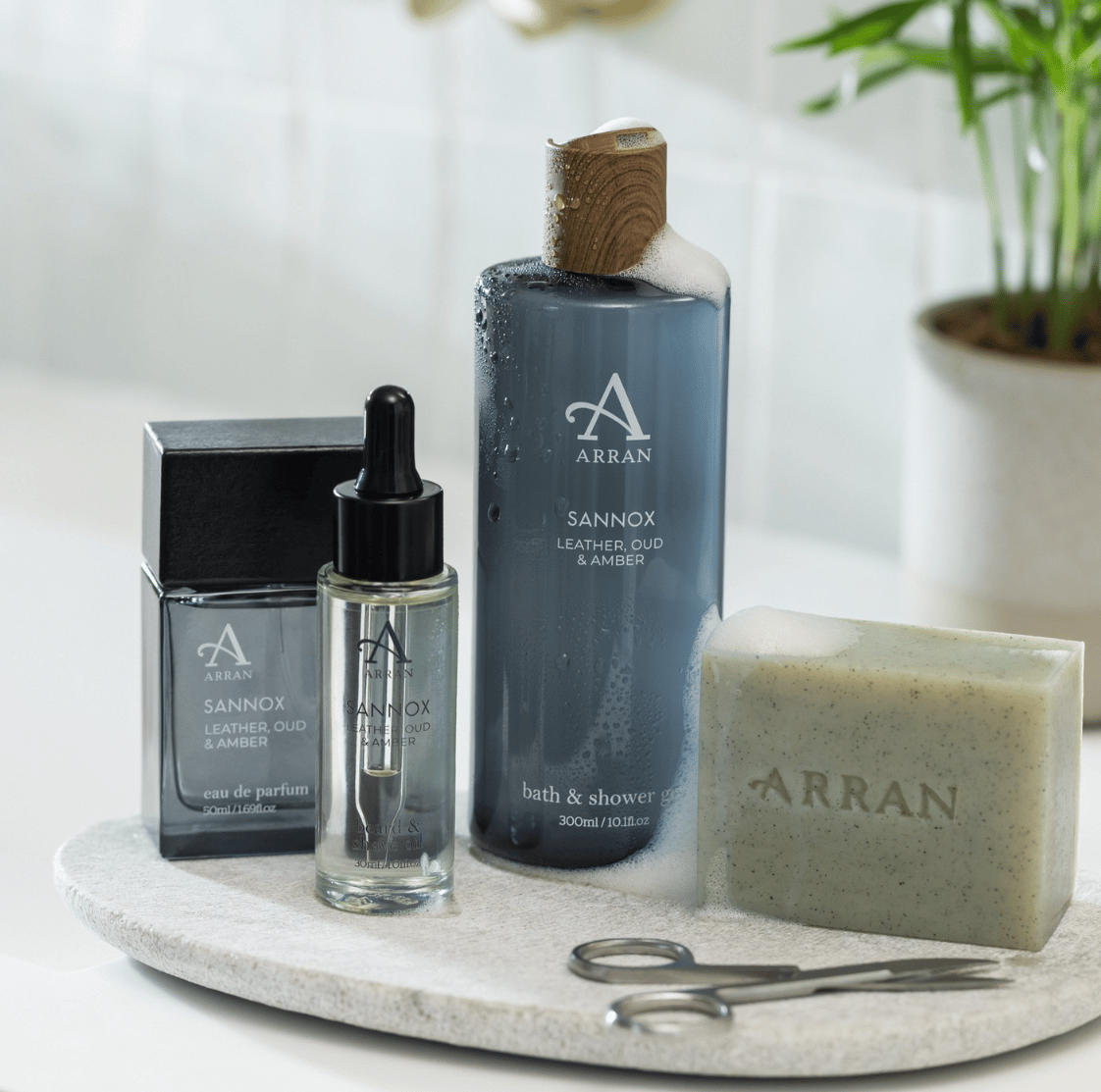- Beyond Baseline
- Posts
- Beyond Baseline: Sleep Isn’t Passive - It’s Performance Fuel
Beyond Baseline: Sleep Isn’t Passive - It’s Performance Fuel
The overlooked science of temperature and rest

Welcome to the Beyond Baseline Newsletter
Your weekly dose of high-performance insights, powerful mindset shifts, and real-world strategies to optimise your health, leadership, and resilience. This week, we're zeroing in on one of the most overlooked factors affecting your sleep and how to dial it in for deeper recovery and performance gains.
If something here resonates, test it. Reflect on how it impacts your sleep, energy, or mindset and let us know. The questions, shifts, and experiments are what drive this community forward. Share with us, we’d love to hear about it.
We're investing significant time and effort into this newsletter as a community piece designed to elevate lives.
Let’s dive in.
FLOURISH & FUNDAMENTALS
SLEEP SCIENCE: THE TEMPERATURE CONNECTION
I’ve been studying sleep science since I was 24. It’s one of my core specialities, and over the years, I’ve taught these principles to CEOs, athletes, and high-level execs around the world. I’m also a member of the European Union of Sleep.
What still blows my mind is that while 50% of the population struggles with either getting to sleep or staying asleep, less than 5% have even basic awareness of sleep hygiene, let alone a deeper understanding of what actually impacts the quality of their rest.
Today, I want to hone in on temperature: one of the most misunderstood and underutilised levers.
THE SCIENCE OF SLEEP TEMPERATURE
Research shows there's a specific temperature range that optimises sleep quality: typically between 13-20°C (55-68°F). This varies based on your biology, body composition, gender, and even where you live.
One study I came across years ago had participants wearing full-body, rubberised suits - like something Batman would wear - pumped with temperature-controlled water. Not the most glamorous sleepwear, but it helped scientists identify the sweet spot for core body cooling.
The takeaway? Even small shifts away from your ideal temperature can dramatically reduce both sleep depth and REM quality.
PRACTICAL TEMPERATURE MANAGEMENT
Here’s how to start experimenting:
Use your thermostat (or a smart thermostat) to track and tweak your room temperature.
Open windows strategically if the outside climate allows.
If you’re looking to invest, high-performance cooling systems like Eight Sleep or ChiliPad give you granular control (starting at around £1,000+).
Personally, I lean toward the cooler end. A good test?
Stand in your underwear before bed. If you feel the urge to dive under the duvet, you're probably in the right range.
My mum still goes to bed dressed like she’s trekking across the Arctic, and wonders why she wakes up every two hours. Warm body = restless brain.

THIS WEEK'S EXPERIMENT
Over the next 7–14 days, experiment with your bedroom temperature. Track these four variables each night:
What’s the room temperature when you get into bed?
How long did it take to fall asleep?
How many times did you wake up?
How did you feel in the morning?
Adjust your room by just 1-2°C every few nights and take note of your results.
We spend a third of our lives asleep - might as well make it count.
RESEARCH CORNER 🧠
Following on from our recent look at the Law of 33%, we’re diving into how your social network influences your sleep and not just your habits or health.
A 2017 study in Sleep Health showed that couples with stronger relationships experienced better sleep quality, and when one partner improved their sleep hygiene, the other often did too.
More surprisingly, this effect isn’t limited to romantic relationships.
A study from the University of Warwick found that the sleep routines of your five closest friends can be a strong predictor of your own. In essence, sleep habits spread.
Why?
Behavioural mirroring: you unconsciously mimic those around you
Shared environments: similar routines and conditions
Emotional regulation: rested people regulate others better
Social reinforcement: you’re more likely to value what others model
The bottom line: by improving your own sleep hygiene, you’re likely uplifting others in your orbit, too. Sleep isn’t solo. It’s socially reinforced.
COMMUNITY SPOTLIGHT ✨
ARRAN SENSE OF SCOTLAND: ISLAND-CRAFTED LUXURY
We’re thrilled to be partnering with Arran Sense of Scotland for the upcoming BetterMan Retreat. Since 1989, they’ve been crafting exceptional bath, body, and home products using the mineral-rich waters of the Isle of Arran.
Their fragrance-first approach transforms simple routines into sensory rituals. This isn't your average bathroom set-up; it's a direct hit of calm, presence, and atmosphere.
We’re especially excited about their SANNOX Collection. Scotland’s first premium men's fragrance line, crafted using native Scottish botanicals and unfiltered Arran water. The scent profile blends leather, amber, and oud, inspired by the rugged beauty of Glen Sannox.
Our guests will enjoy a full range of Arran’s products throughout the villa, including signature soaps, men’s wash bags, and elevated self-care essentials.
As their tagline says:
"Where tranquillity meets strength. Awaken the sleeping warrior within."

Stay tuned for more updates, insights, and ways to push beyond your baseline every week.
Until next time,
Ross Anderson
Beyond Baseline Founder
Thank you for being part of our community. If you found value in this newsletter, please consider sharing it with someone who might benefit.
Reach out via email: [email protected] or connect via LinkedIn.
Beyond Baseline: Helping ambitious professionals achieve their goals without sacrificing well-being.


